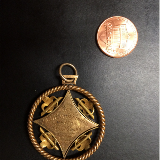Yellow Jack!
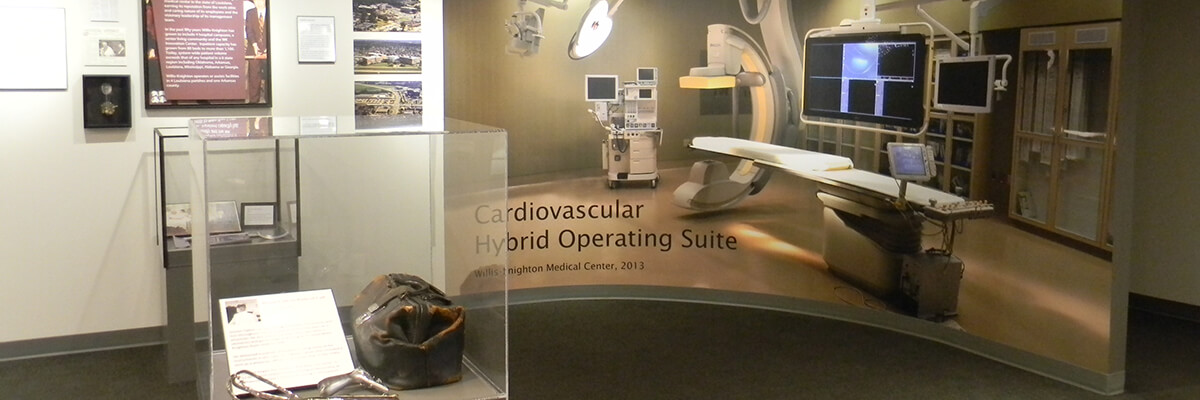
Yellow Jack!
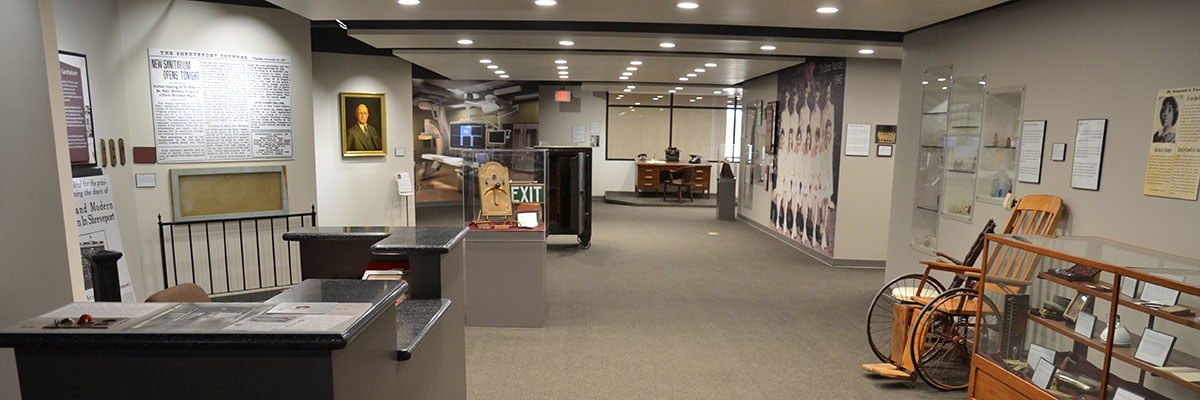
Yellow Jack!
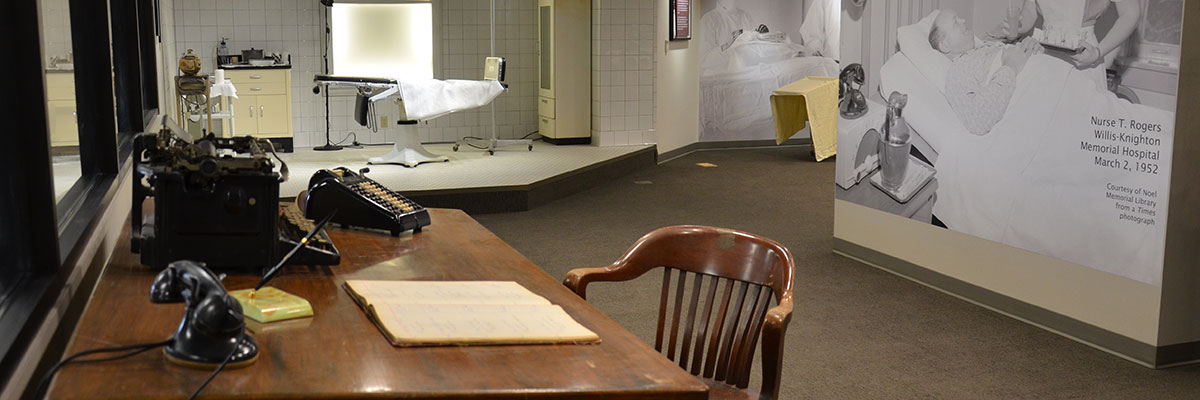
Yellow Jack!
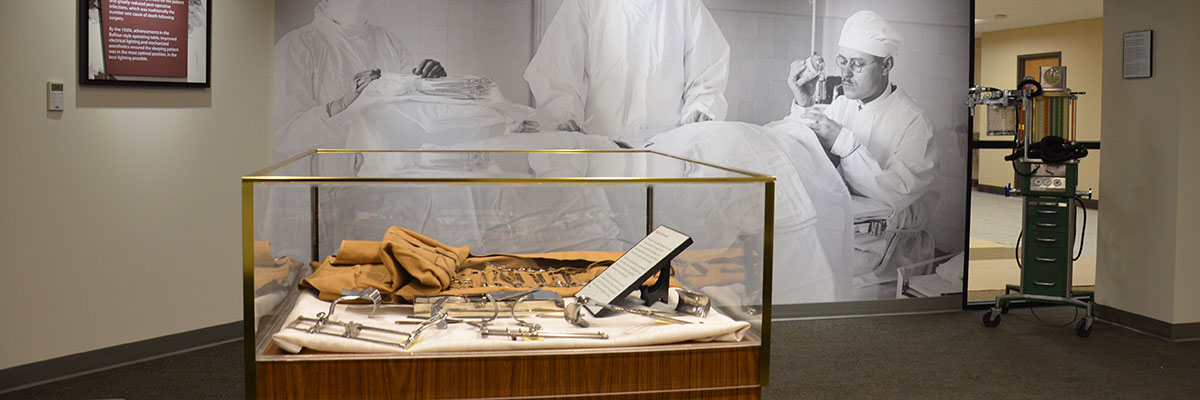
Yellow Jack!
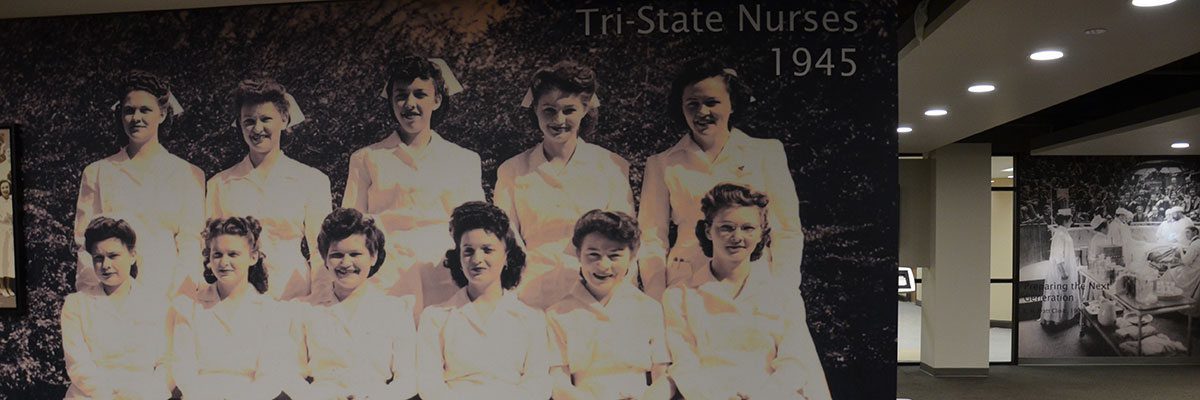
Yellow Jack!
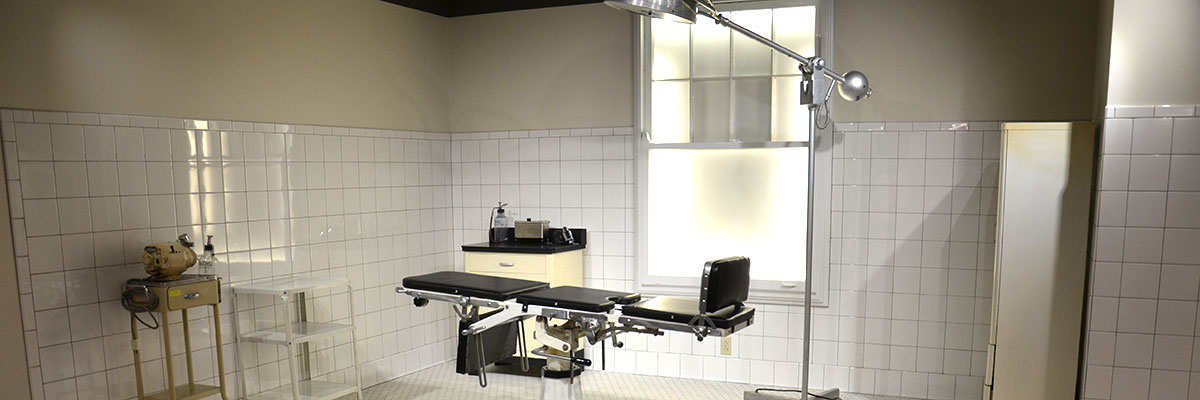
Shreveport’s yellow fever epidemic of 1873 was the area’s original public health crisis. Lasting from August 20 to November 10, 1873, the outbreak claimed at least 700 lives, with some estimates ranging to more than 1,000. Outbreaks of yellow fever were common in the south, but Shreveport’s epidemic was particularly deadly. More than half of the residents who stayed behind during the outbreak caught the virus. About 25 percent of those infected perished.
The Talbot’s collection contains original and reproduction personal effects of survivor’s, chronical records of first person accounts, haunting contemporaneous imagery, depictions of the medical remedies used to combat the fever and even the names of more than 700 victims on the outbreak’s office death list.
Daisy Murdoch Medal Shreveport
Description
This is one of the medals given to the so-called “Angels of Shreveport” by the Howard Association of Shreveport. The Howard Association was a charitable organization founded in Virginia, but quickly spread to other part of the South. The Howards were specifically organized to give aid and comfort to communities stricken with yellow fever.
The “Angels” were a group of young women who volunteered to nurse the sick and dying in makeshift fever wards. Often during the epidemic, buildings like the Gaiety Theater and the Central Market were pressed into the service to cope with the hundreds of victims. When the epidemic was over, each of the young women were given this medal by the Howards of Shreveport.
The medal is inscribed with the words, “Christian Kindness and Heroic Conduct” on one side and on the other “From the Howards of Shreveport”
Location in Museum
Yellow Jack! Exhibition caseAge
1873Donor
The medal was lent to us by Dr. Gary Joiner of Louisiana State University of Shreveport during the summer of 2014 for our yellow fever exhibition. He kindly permitted us to photograph it before it was returned to him with thanks.


.tmb-.jpg?Culture=en)
